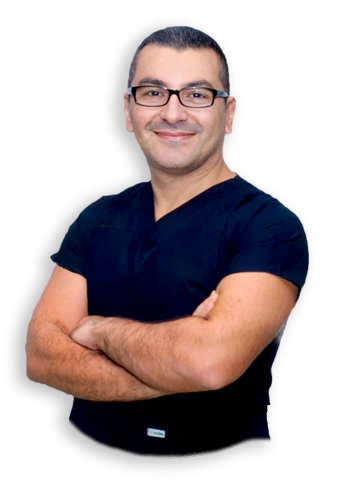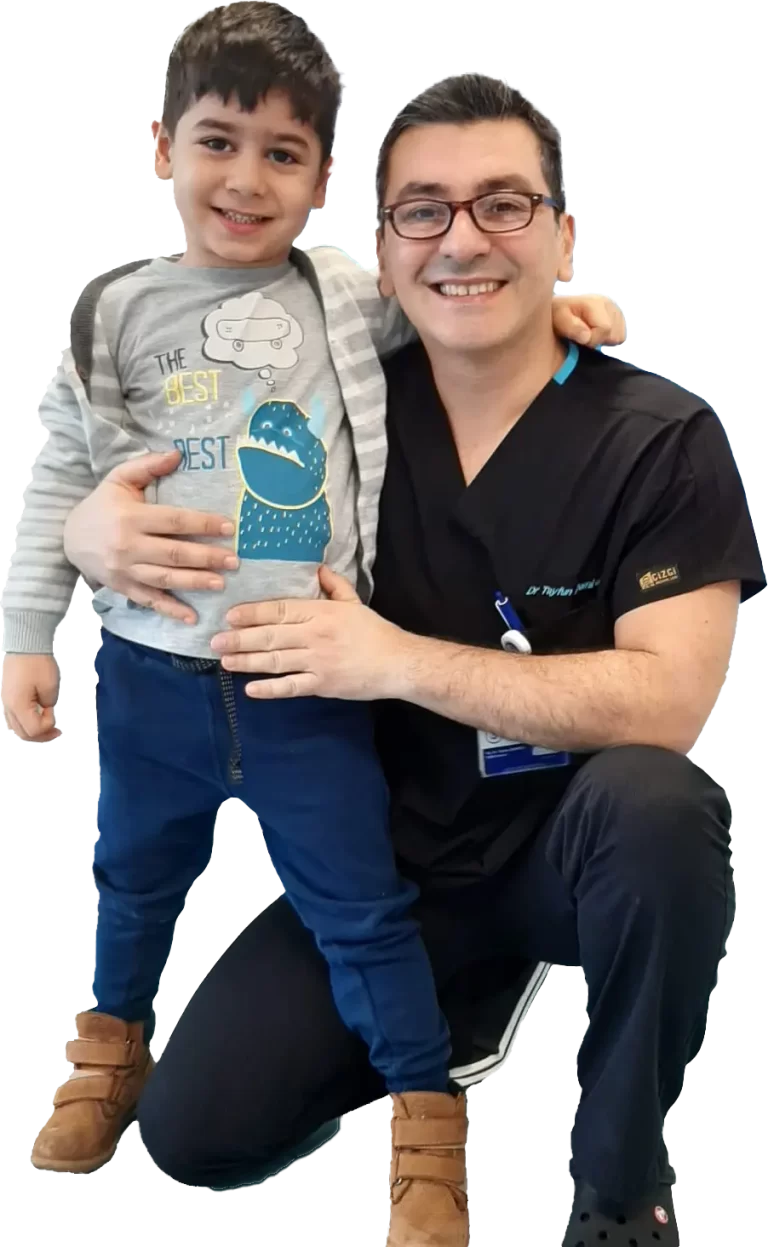How is snoring surgery performed?
Snoring and sleep apnea is a disease that reduces the comfort of life. In the treatment of this problem, minimum health conditions must be sufficient for the person to be operated. If you have health problems such as uncontrolled diabetes or heart conditions, this makes it a little difficult to have surgery. People with sleep apnea usually have weight problems and such diseases can be seen accordingly. Apart from this, it is not recommended to perform surgery without weakening someone with weight problems. Because first the person needs to weaken. In such a case, performing surgery reduces the chance of success to almost zero.
Nasal surgeries
Obstructions in the nasal passage cause snoring and sleep apnea. This problem can be treated by correcting and opening the deviation (curvature of the airway) and reducing the nasal turbinate (meat in the nose) by burning it with radiofrequency. Breathing through the nose greatly improves sleep quality. The full effect of these operations is understood after 3-6 months. In particular, we should consider such operations only for the quality of sleep and therefore for the quality of our life during the day. Due to constant breathing through the mouth, the lungs grow larger than normal. As a result, they put pressure on the heart and cause pulmonary hypertension. Otorhinolaryngology examination is essential for accurate diagnosis. If the turbinate is constantly swollen, its allergic effects also increase. If there is such a situation, allergy treatment is required.
Are the benefits of snoring surgery permanent?
Surgery for snoring causes scarring on certain parts of the airway. That’s why your body starts working on its own to heal these scars. As a result, you may find that snoring decreases in the short term. But you can also see it come back in the long run.
What should you expect after snoring surgery?
It takes approximately 3 weeks for you to fully recover. You may have difficulty swallowing during this time. According to a study based on the comments of those who had snoring surgery and the comments of a large part of those who had sleep apnea surgery, only 20% of those who had surgery said that they needed re-surgery. This shows us that the operation is highly successful and lifelong treating.





